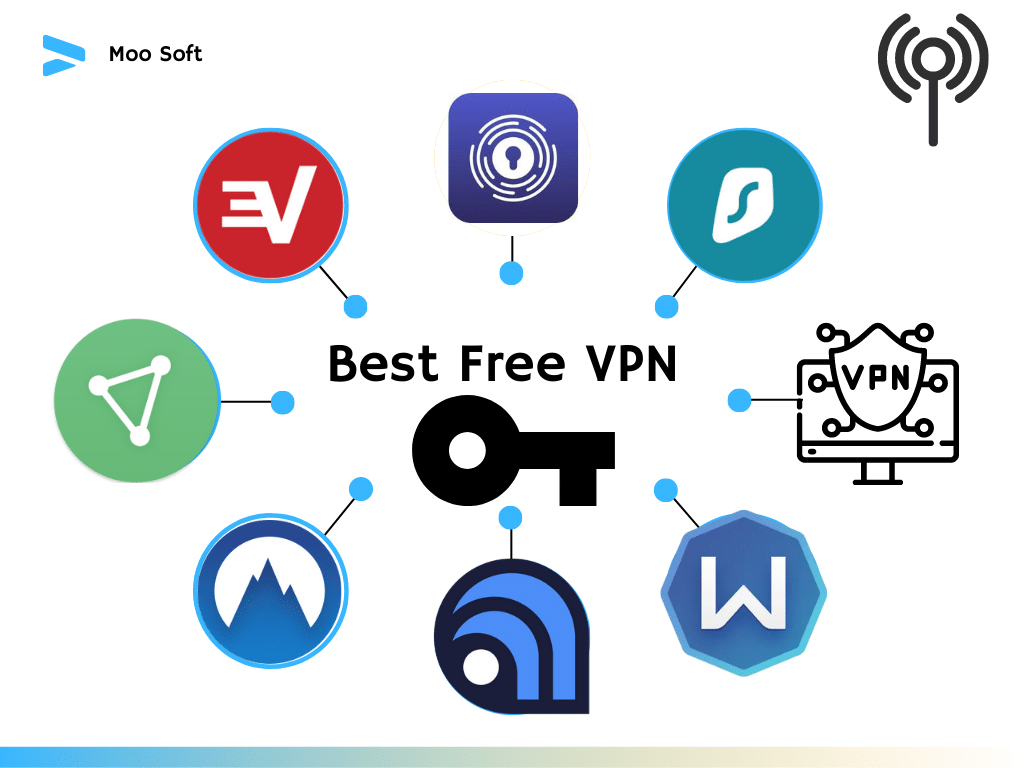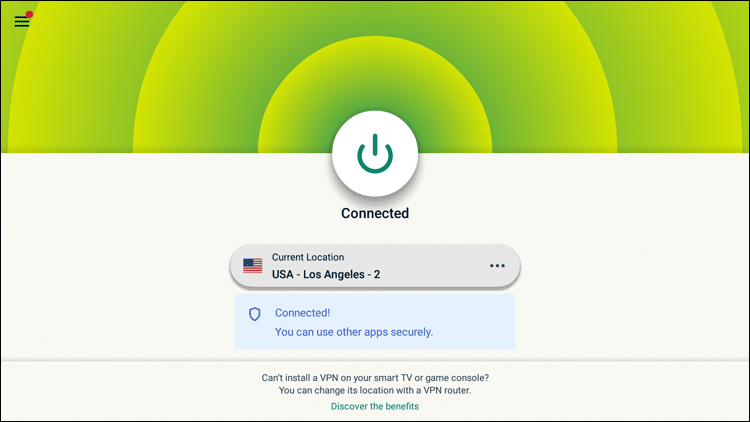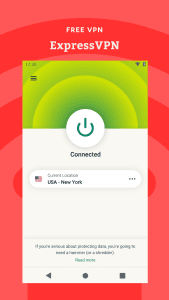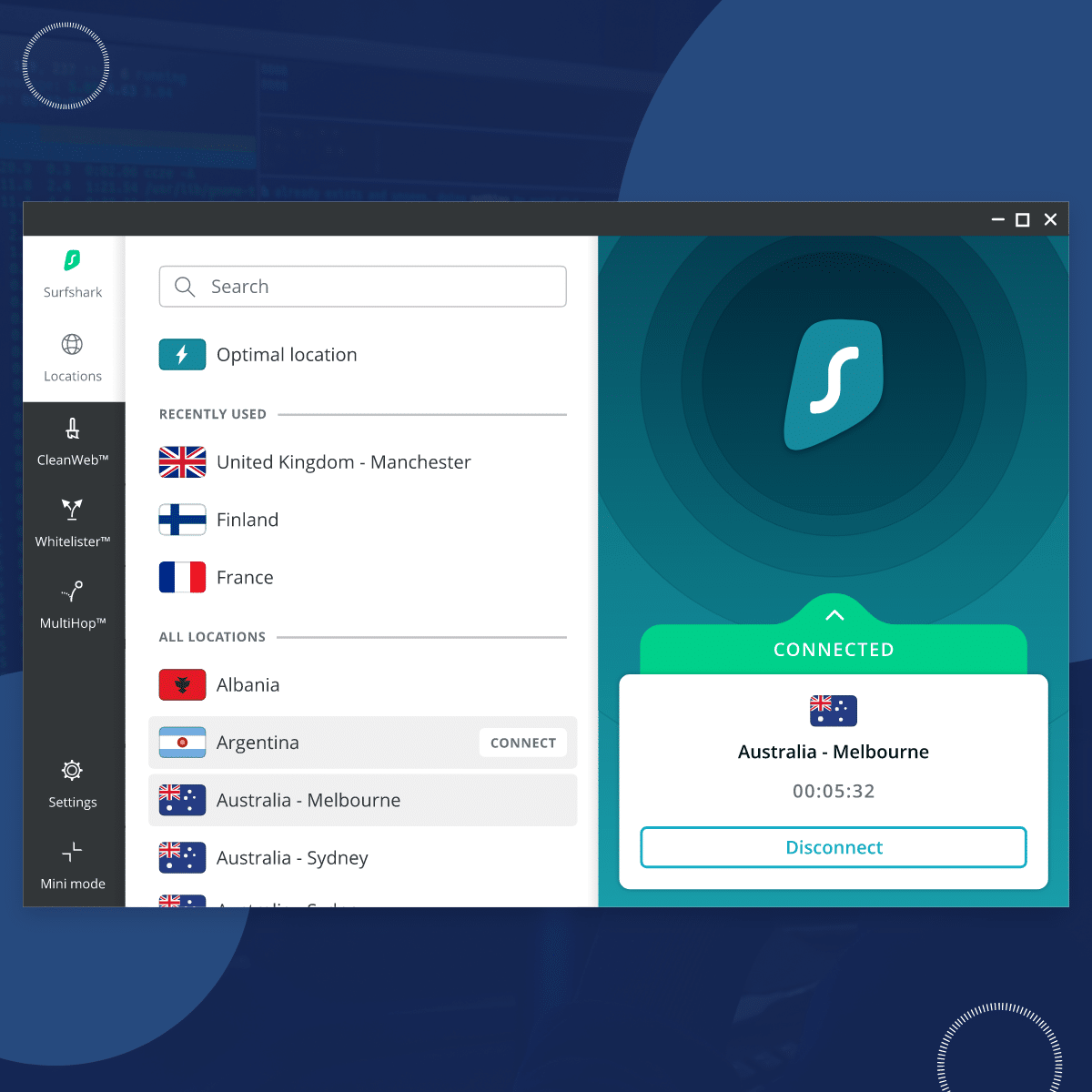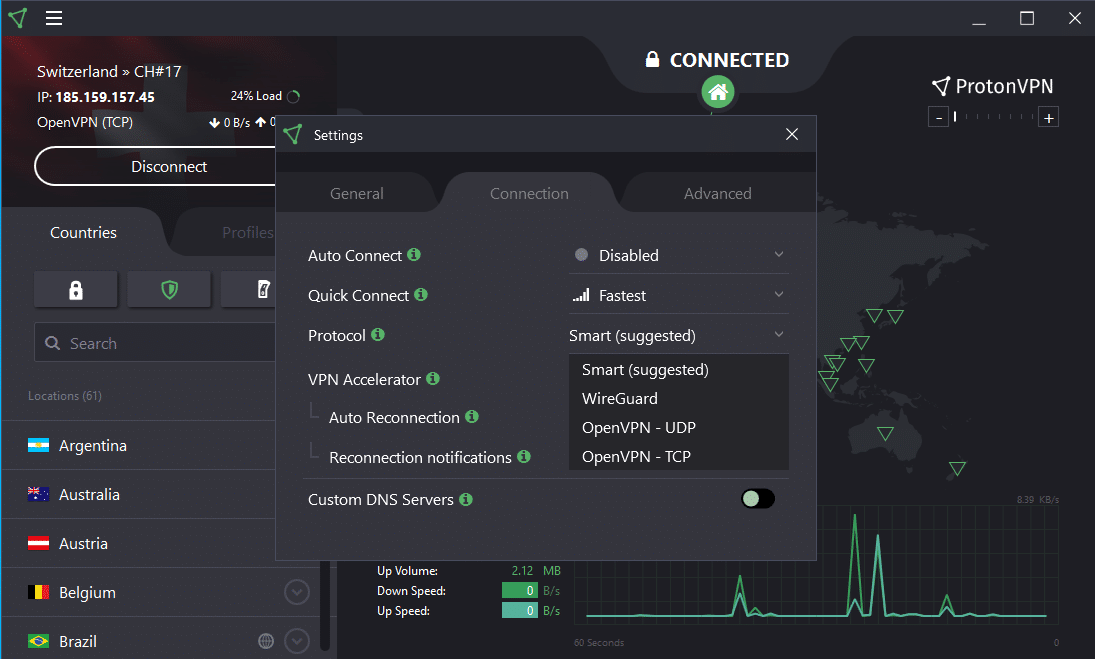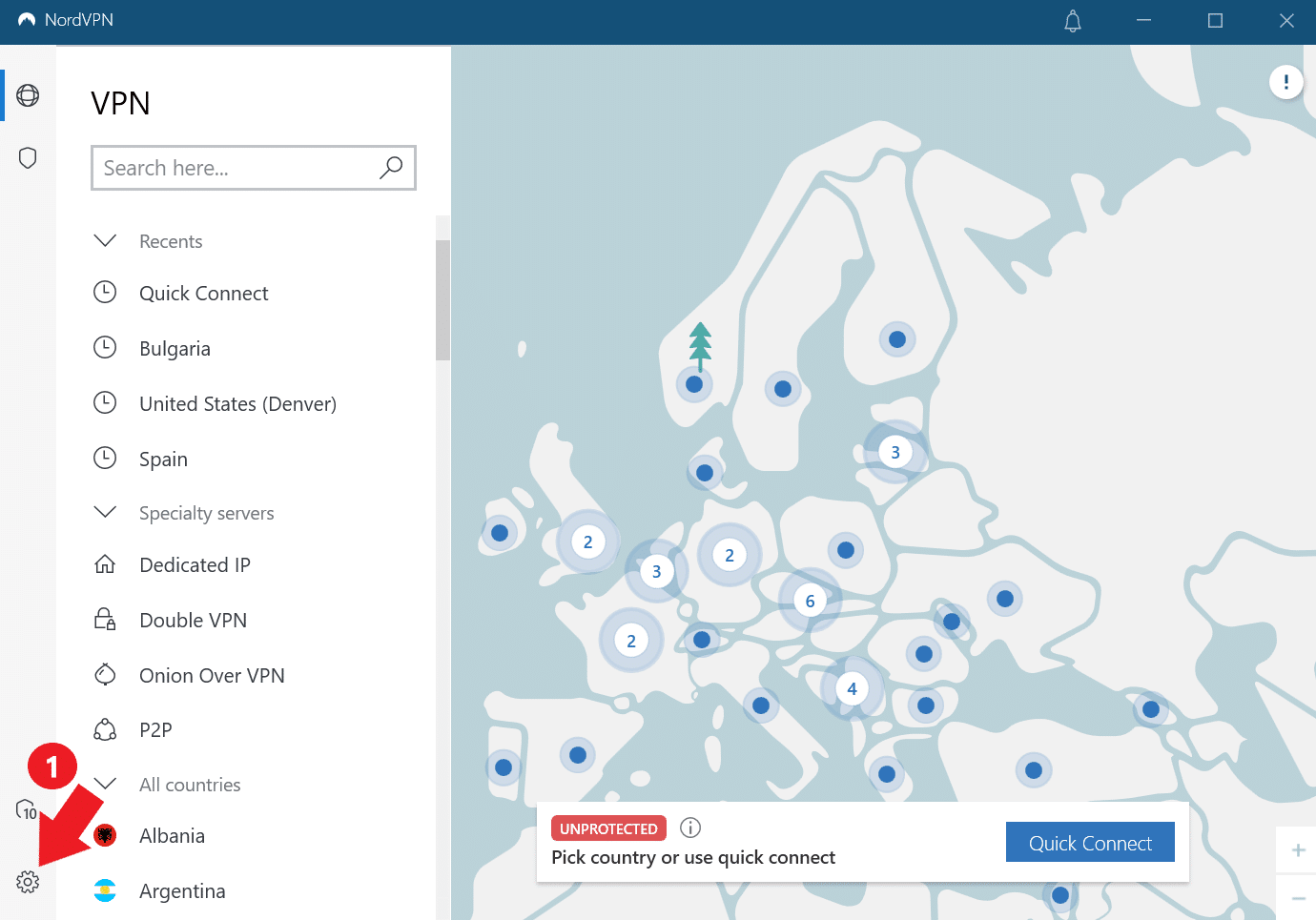When you’re looking for the best free VPN, there are many options to consider. The best VPN free options offer lots of features and advantages.
Understanding the potential VPN best free services helps you make a smart decision about which to choose.
The challenge when choosing the right free VPN is that each has its own restrictions. And some providers are questionable and can cause more harm than good.
Yet, with the rising concerns about privacy and increasing costs for wireless, there’s a growing demand for free VPN services. A free VPN lets you protect your online content and access content that may be blocked in your region.
One note: Sometimes with free services, you get what you pay for. That’s why we’ve collected the top free VPN options available. Be sure to do your own research to find the service that works best for your needs.
What to Look for in Free VPNs
When considering VPNs. You might consider using a paid service. Most of the best paid VPNs have a free trial period. For several days or weeks, you can use the VPNs for free. Just remember to cancel before the trial period expires.
If you only need a VPN for infrequent use, the products with free trials are a good choice. You’ll benefit from most of the features of commercial VPNs while not spending a dime.
For free VPNs to remain free, they often need to put restrictions on user accounts. This is a reasonable compromise. However, you should be aware of these limitations before choosing a free VPN.
Remember that a free VPN still needs to make money somehow. Some of the more questionable free VPNs will sell personal information about its users to third-party advertisers or marketers. This information may include IP addresses, which defeats the whole purpose of using a VPN.
Here are the most common limitations used by free VPN providers:
- Daily data usage caps
- Small number of available servers
- Amount of time that the VPN can be used, typically daily
- Number of devices that can connect to the VPN
Why Use a Free VPN?
There are many reasons one might choose to use a free VPN service. On a fundamental level, a VPN provides privacy protection, preventing others from looking at your data.
It’s important to note, however, that the privacy restrictions only go so far. For example, U.S.-based free VPN services are subject to search warrants by law enforcement entities. Those based in countries such as Canada, Germany and Switzerland have stronger privacy laws and offer better protection.
They are a good choice for those who want occasional use to ensure privacy protections. They often can work around siter and services that have content restrictions, such as regional streaming blocks.
Often, countries block access to certain sites. A VPN is a good option for those in those regions to connect to that content.
There are some internet activities that may not be a good match for a free VPN. Some services, for example, will not support access to a streaming service like Netflix. If they do, the streaming activity can quickly use up available data.
In addition, some do not support torrenting, where users share files.
Gaming is another use that may not be a good match for a free VPN. That’s because gaming often uses a lot of data, and most free VPNs restrict how much data can be consumed.
Connection speeds can also drop suddenly. That can ruin a gaming or torrent session. Ads are often common on free VPN services.
How Does a VPN Work?
A VPN service provides a wide range of protections. It will encrypt data in transit, either content that’s being accessed or being sent.
The VPN essentially creates a secure channel for your internet activity. Data packets you’re using are separated from others, allowing them to reach exit nodes, such as your computer, securely.
What’s critical is that your data is not only encrypted as in any secure internet session. The routing information, such as source and destination IP addresses, is also hidden.
It’s worth noting that scrambling and unscrambling your data is a resource-intensive practice. That can result in slow traffic speeds.
For that reason, you want to look for a free VPN service with a fast server with connections to large data pipes. This combination means you’ll notice no decline in performance. Those services with few servers may not be able to deliver the speed you expect in an internet session.
VPNs are legal, common services offered around the world. Downloading VPN software is not illegal.
However, a VPN can be used for lots of functions, some legal and some illegal. For example, using a free VPN to download copyrighted content via a torrent is still an illegal activity. Accessing illicit content is also illegal in many jurisdictions.
Best Free VPN Options
Here is a closer look at some of the top free VPN options.
 ExpressVPN
ExpressVPN
This is one of the best VPN providers. While it’s a commercial product, it offers a free three-month trial and a 30-day, money-back guarantee.
ExpressVPN has servers in 94 countries, all with encrypted DNS and offers unlimited bandwidth. Users can connect five devices simultaneously.
Download speeds are fast, with an average speed of 204 Mbps. Upload speeds are also fast, with an average of 146 Mbps. It can be used on all major device types, plus smart TVs, e-readers, routers and network-attached storage.
The streaming quality is excellent has some of the top privacy features in the industry.
 PrivadoVPN
PrivadoVPN
PrivadoVPN is a new player in the VPN space, debuting in 2019. It offers inexpensive paid plans and free VPN services. There are 12 servers available.
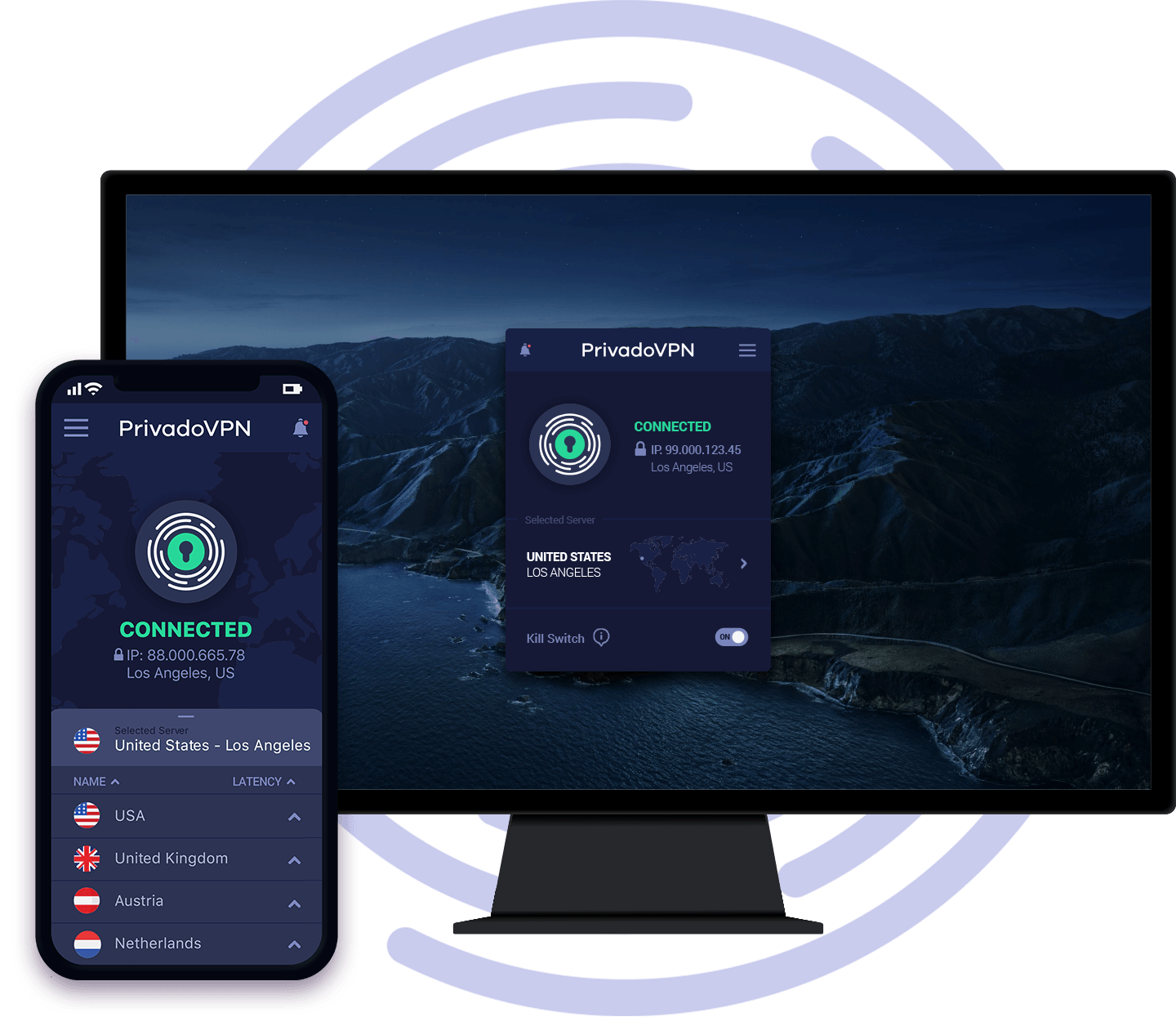
The PrivadoVPN free option is loaded with features, starting with 10 GB of full-speed data monthly. That’s plenty for most browsing. If you exceed that limit, you can still access the service, though at slower speeds on an “emergency server.”
There are multiple servers to choose from, including sites in the United States, United Kingdom, Canada, Germany, France and Brazil.
PrivadoVPN offers AES-256 encryption. It has a kill switch protect you in case your VPN connection drops unexpectedly. It also has a no-log policy.
The speed is remarkable, with 350 Mbps download speeds. There’s also a WireGuard protocol to ensure you’re not slowed down.
Access is a key hallmark of the service. PrivadoVPN is able to unblock sites that geo-restrict content.
Among the downsides, you can only use PrivadoVPN on one device and there are limited extra features.
 Surfshark
Surfshark
Surfshark is another commercial VPN with generous offers that allow you to use it for free for a limited time. There’s a two-months free offer and like others, it offers a 30-day, money-back guarantee.
Surfshark offers unlimited devices to access the VPN. Its CleanWeb features boasts no ads, malware, phishing or trackers while using the service.
Like others noted here, Surfshark has a no-logs policy and a kill switch if the connection drops.
Its security provisions are top shelf, with private DN on each of its servers and leak protection. Internet activity is encrypted with AES-256-GCM.
The other security features include Camouflage Mode, which prevents even your internet provider from knowing you’re using a VPN. You can also change your IP to one that can’t be linked to your online identity.
There’s also a NoBorders mode, which allows you to use Surfshark anywhere.
 Proton VPN Free
Proton VPN Free
Proton VPN offers a remarkable number of servers, more than 100. That’s just one of the reasons the free version of its service is the choice of many looking for a free VPN.
While it only supports one device, there is an unlimited data allowance. The features, and lack of features, make it the alternative to many of the others listed here.
The applications are open-source and laden with features while having excellent security.
There are firewall bypass features that allow you to access blocked content that’s restricted by governments. Alternate routing features help you evade internet blocks.
It can be used on public WiFi safely while preventing WiFi providers from selling your data.
Speed is also a hallmark, with peaks of 380 Mbps. Encryption is also robust, using the AES-256 protocol, along with WireGuard, leak protection and the kill switch.
The main drawback to using Proton is the lack of streaming capability. There’s also no peer-to-peer support for torrents.
And while there are many servers, they are only located in three locations – the United States, the Netherlands and Japan.
 NordVPN
NordVPN
One of the top VPN providers in the world offers a 30-day, money-back guarantee. You can also get three months free when you purchase a 2-year plan.
NordVPN advertises aggressively and is a well-known brand. It offers more than 5,000 servers in 59 countries. It supports devices across platforms, including smart TVs, Xbox, PlayStation and Chrome and Firefox browsers.
It also offers 6 simultaneous connections, one of the most generous available among free VPN services.
The encryption service is excellent, using the AEN-256 protocol and hidden servers for performance in countries that block VPN use.
There’s also a kill switch feature and DNS leak prevention. Split tunneling is available, but only on Android devices. There’s also a no-log policy.
Performance is exceptional. NordVPN offers torrents on multiple servers and fast connection speeds. The NordLynx protocol makes it an ideal choice for those looking for gaming on P2P sharing.
In addition, NordVPN can unlock most streaming services in most locations.
One of its new features, Meshnet, is a game-changer. It allows up to 60 devices to connect to a single secure network together. That functionality is ideal for accessing a home PC, sharing files and gaming.
Nord also provides excellent 24/7 support and a thorough knowledgebase for self-help.
 Atlas VPN
Atlas VPN
The free version of Atlas VPN, recently acquired by Nord, is an excellent option though it’s limited in scope. It offers an additional three months with the purchase of a two-year plan and the 30-day, money-back guarantee.
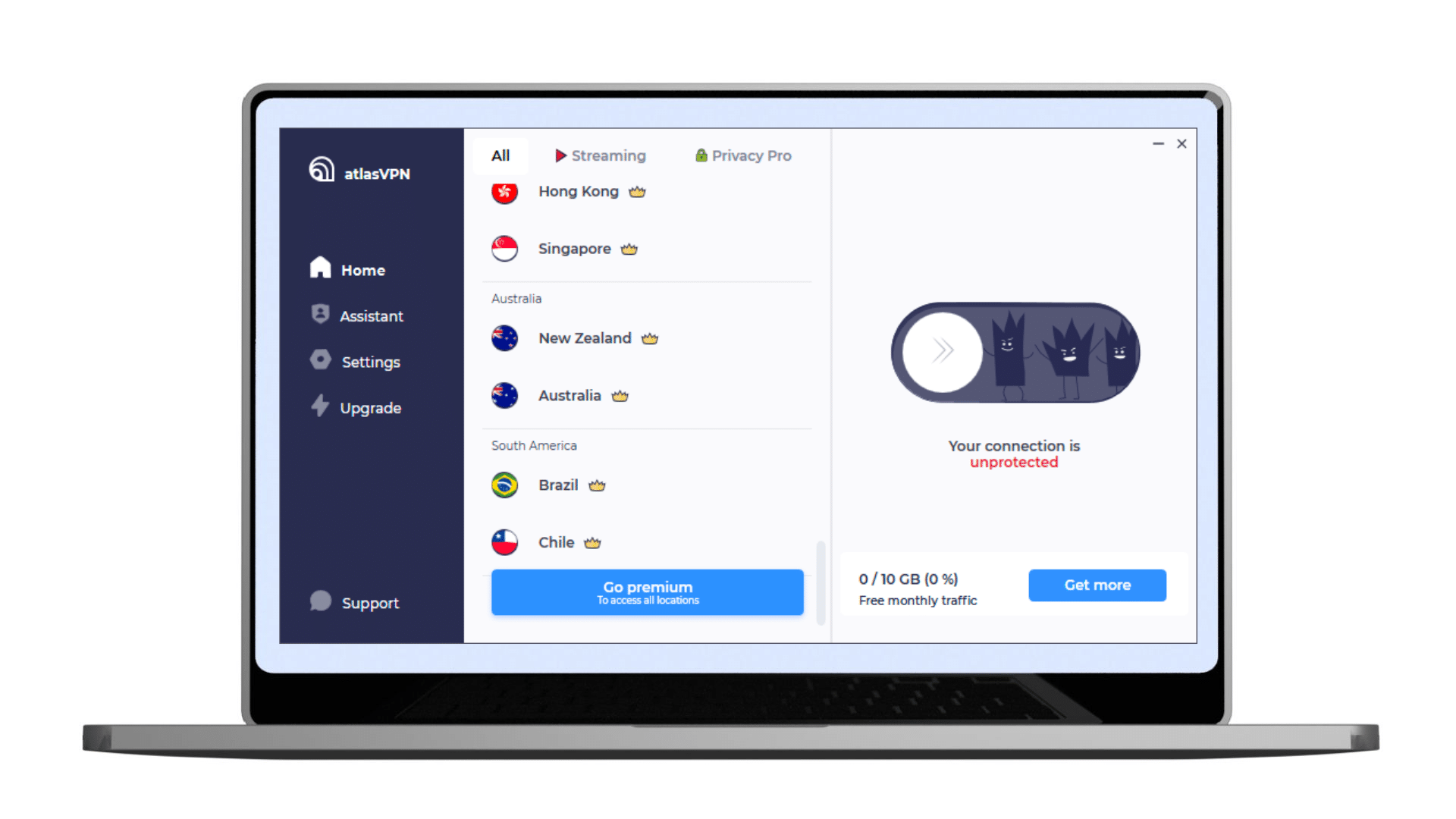
Atlas VPN offers three server locations in two countries. It will support two of your devices at a time.
Atlas VPN provides users with 10 GB of usage per month (2 GB per day on Macs). It’s effective at changing your location to access geo-blocked content.
One feature that sets Atlas VPN apart – you don’t need to enter an email address to connect to the service or download.
The apps are effective and functional and speeds range around 320 Mbps. It’s a good option for those looking for basic functionality in a free VPN service.
 Windscribe
Windscribe
Windscribe has 14 server locations in 11 countries. One major benefit is that it allows an unlimited number of devices to connect. It also offers 10 Gb of data per month.
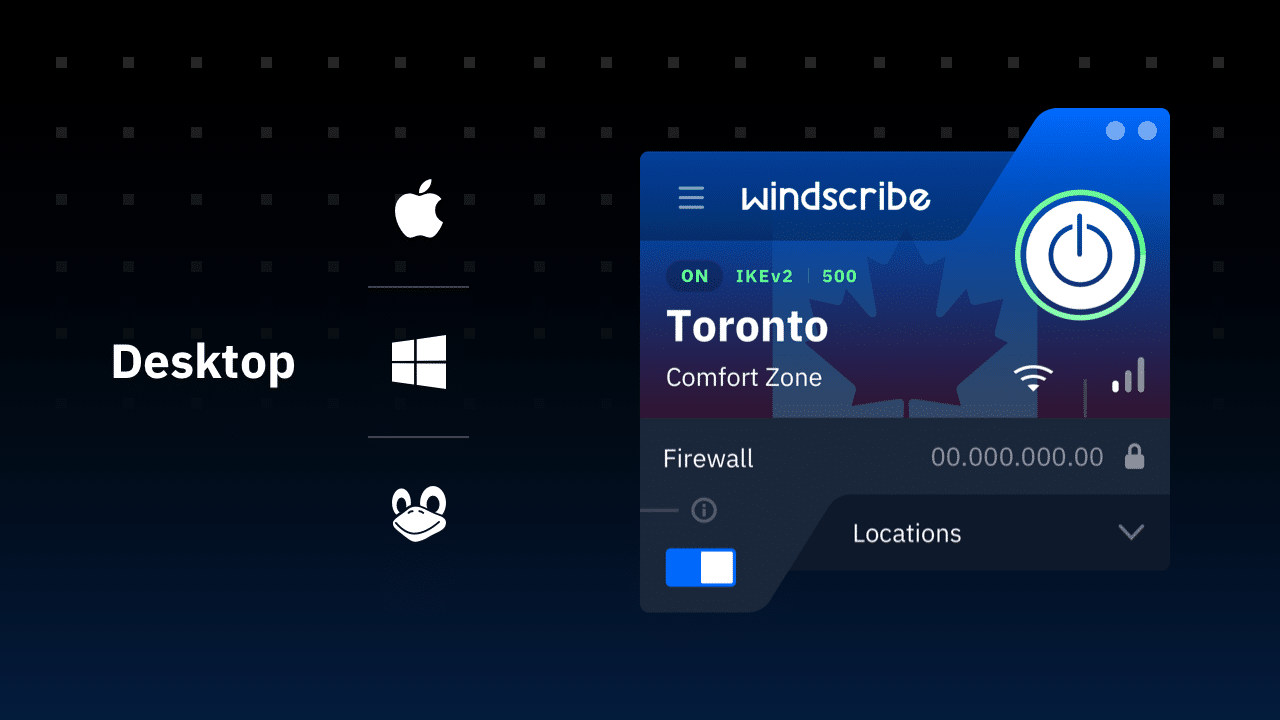
Its free VPN service is full of features, despite having a relatively slow 240 Mbps speed. The apps can be a bit wonky but sticking to the recommended setting should suffice most users.
The privacy protections are robust.
They include a DNS blocker that stops ads, trackers and malware. There’s also a kill switch. You can also block unwanted content, if desired.
When looking for the ideal free VPN, it’s important to consider the features and uses you want. There’s a lot of variety when it comes to functionality, privacy, data limits and features.
Choosing the best free VPN is an important consideration, whether for frequent or infrequent use.
